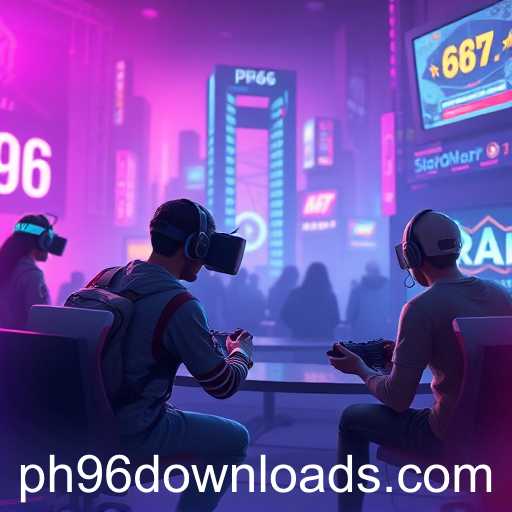An exploration of the growing significance of online gaming in today's digital landscape and its cultural ramifications.
In recent years, online gaming has surged in popularity, transforming from a niche hobby into a mainstream cultural phenomenon. This shift has been further energized by platforms like "ph96," an English game website known for its diverse range of offerings, spanning from casual puzzles to immersive multiplayer experiences.
The influence of gaming on contemporary culture is multifaceted, impacting social interactions, entertainment norms, and even language. As digital platforms broaden their reach, games are becoming a cornerstone of community building and social engagement, providing a virtual space where individuals from diverse backgrounds can connect and collaborate.
Within this digital realm, the economic impact is notable. According to recent reports, the global gaming market continues to expand, with revenue projections reaching unprecedented heights. This growth is driven by advancements in technology, increased internet accessibility, and the rise of mobile and cloud-based gaming.
Moreover, the cultural footprint of gaming is expanding through various media. Game narratives and aesthetics are influencing movies, music, and literature, reflecting and shaping societal values and trends. Educational contexts are also recognizing the role of gaming in developing cognitive skills and fostering innovation among younger audiences.
Looking into anecdotes from the gaming community, one can observe how games create shared experiences that transcend geographical boundaries. For example, events hosted by platforms like "ph96" often draw players from around the globe, fostering a sense of global camaraderie and shared passion.
As we navigate 2025 and beyond, the evolution of gaming continues to pose intriguing questions about the future of entertainment and interaction. Will the lines between physical and virtual realities continue to blur? How will regulatory frameworks adapt to this dynamic landscape? As the digital age progresses, the answers to these questions will undoubtedly shape the cultural dynamics of tomorrow.




